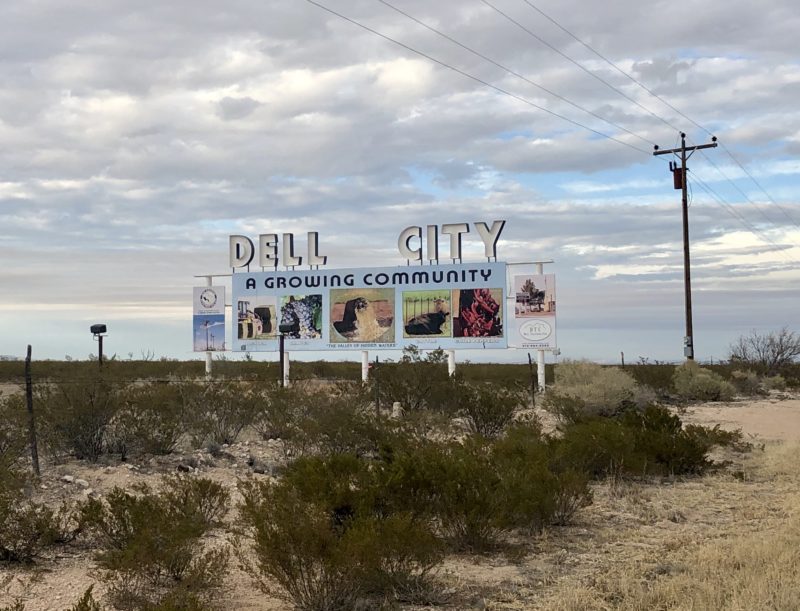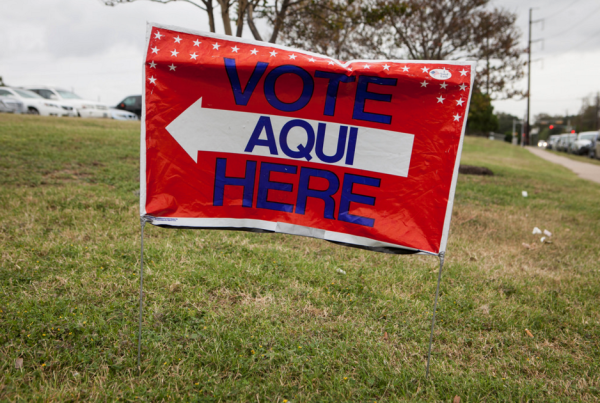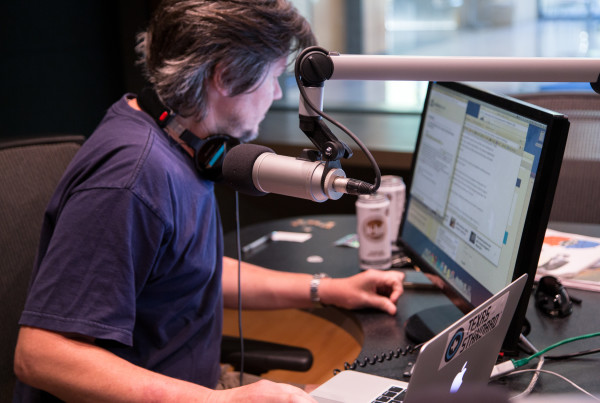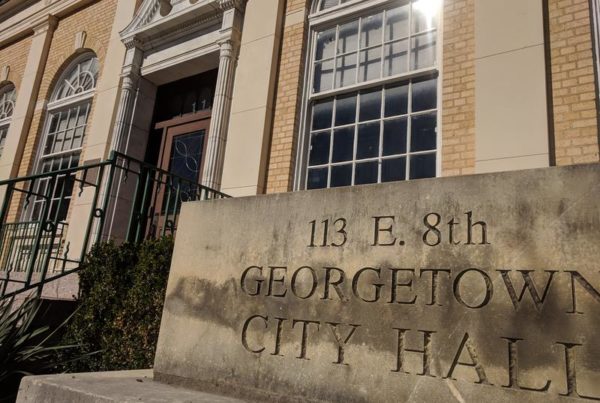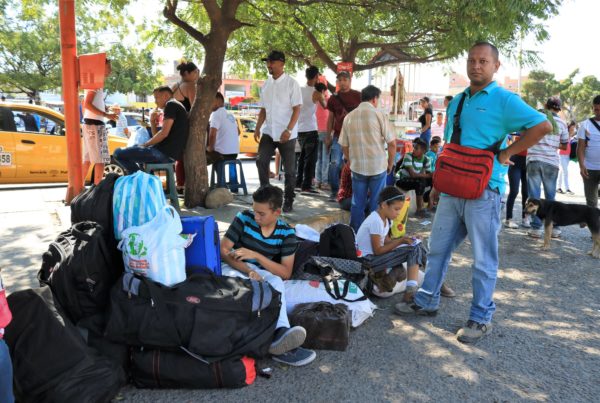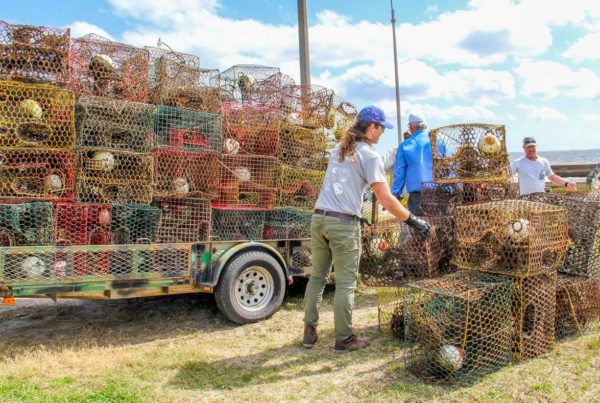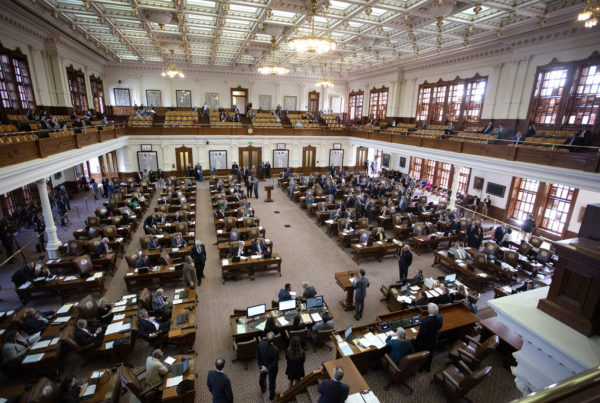When the 2019 Texas legislative session gaveled in earlier this month, leadership named fixing the state’s troubled school finance system as a top priority – maybe even giving teachers an across-the-board raise.
School districts, especially in rural Texas, are paying attention. According to the Texas Education Agency, Texas has more schools in rural areas than any other state. But when it comes to public policy, big cities can dominate the conversation.
So we’re spending all this week talking to these teachers, administrators and the advocates who support them. We’ll hear about the struggles and successes of rural schools and teachers, and what they say they need from lawmakers in Austin.
We start in Dell City, a small farming and ranching community about 90 miles east of El Paso.
A few weeks ago, Edgar Alvarez was teaching anatomy when the principal stopped by.
“I thought he was going around checking out how classes were going, until he speaks up and he says oh, we have a medical situation,” Alvarez says.
Alvarez teaches eighth grade science at Dell City ISD, along with “anatomy and physiology, physics, chemistry, biology,” he says.
He’s also the school’s medical trainer. When a kid gets injured or falls ill, he’s the one on call. So Alvarez went to the front office.
“This, I think, second grader was crying,” Alvarez says. “He has blood on his head. I’m like oh lord, what happened?”
The student bashed his head on a fence. Alvarez calmed him down, then cleaned and wrapped the wound.
“I end up getting back to class about one or two minutes before the end of class,” he says.
Small, rural districts ask a lot of teachers like Alvarez –who, lest you were concerned, does have a medical degree. In exchange, these teachers often earn substantially less than their counterparts in larger districts. The smaller the student body and tax base, the less funding for teacher salaries – and for positions like school librarian or nurse. Dell City has just 76 students, pre-k through 12th grade.



